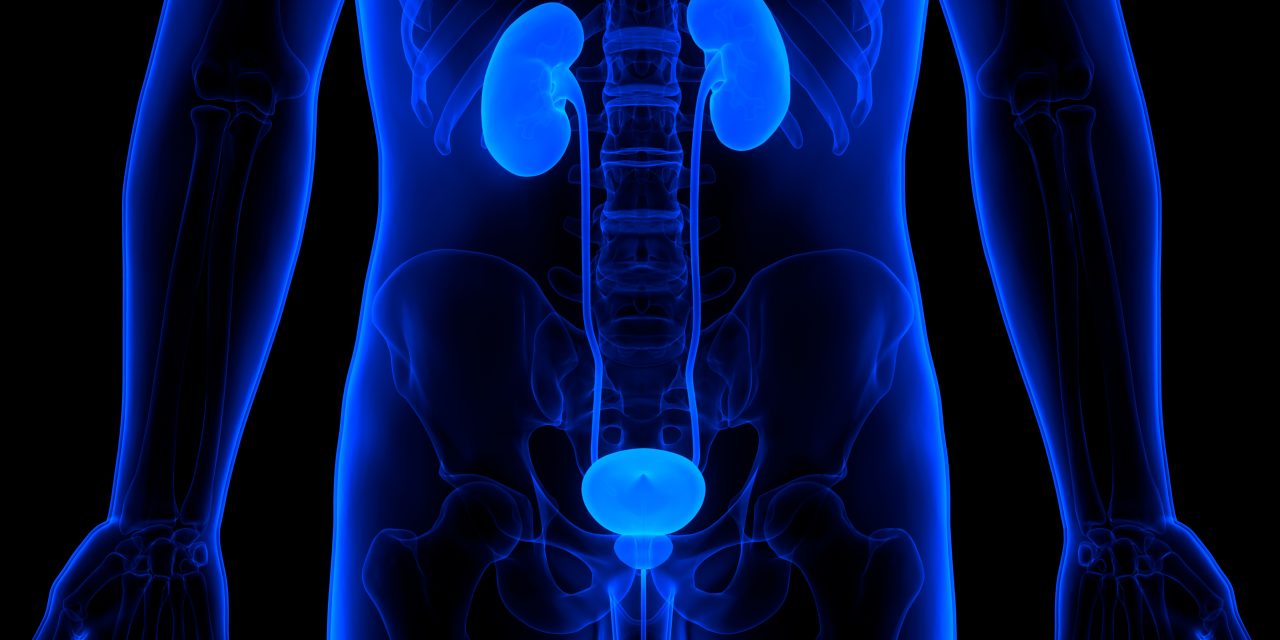The efficacy of phosphodiesterase type 5 inhibitors (PDE5Is), which are commonly used to treat erectile dysfunction (ED), is not satisfactory in patients with denervation of the cavernous nerve due to pelvic surgeries and diabetes mellitus (DM). Pre-clinical studies using bone marrow-derived mesenchymal stem cells (BMSCs) to treat ED have shown promising results. The authors conducted a phase 1 clinical trial with autologous BMSCs in patients with ED due to radical prostatectomy or DM.
Ten patients (five with post-prostatectomy ED and five with DM-associated ED) who could not perform sexual activity despite taking the maximum dose of a PDE5I were enrolled. The brief clinical trial protocol was registered with the US National Institutes of Health on ClinicalTrials.gov (NCT02344849). The primary outcome was the safety of stem cell therapy, and the secondary outcome was the improvement of erectile function.
Of the 13 patients screened, 10 were registered in the clinical trial and received autologous BMSCs and nine completed the clinical trial. One patient with post-prostatectomy ED experienced two treatment-emergent adverse events (TEAEs) (pyrexia and back pain), and two patients with DM-associated ED experienced a total of five TEAEs (one case each of viral upper respiratory tract infection, prostatitis and pruritus and two cases of hyperglycemia). Of these patients, one with DM-associated ED experienced two serious TEAEs (two instances of hyperglycemia). All TEAEs were considered not to be related to autologous BMSC therapy. In addition, no clinical significance was identified related to other safety measures, such as laboratory tests and vital signs. The mean International Index of Erectile Function score increased significantly at 1 month versus baseline (24.9 versus 18.1, P = 0.0222).
This phase 1 clinical trial confirmed the safety and potential efficacy of autologous BMSC therapy in patients with ED. The authors’ results need to be confirmed by a phase 2 clinical trial.
Copyright © 2021 International Society for Cell & Gene Therapy. Published by Elsevier Inc. All rights reserved.
Safety of autologous bone marrow-derived mesenchymal stem cells in erectile dysfunction: an open-label phase 1 clinical trial.


